Dekton vs Silestone: The Ultimate Guide to Choosing the Ideal Surface for Your Home
- What are Dekton and Silestone?
- Overview of Dekton
- Overview of Silestone
- Resistance and Maintenance
- Aesthetics and Versatility
- Design Innovations
- Heat Resistance and Outdoor Usage
- Frequently Asked Questions
- Conclusion
Today we want to share with you a detailed analysis of two of the market’s leading surfaces: Dekton and Silestone, both creations of the renowned Spanish company Cosentino. If you’re thinking of renovating your kitchen, bathroom, or any space in your house, this article is for you.
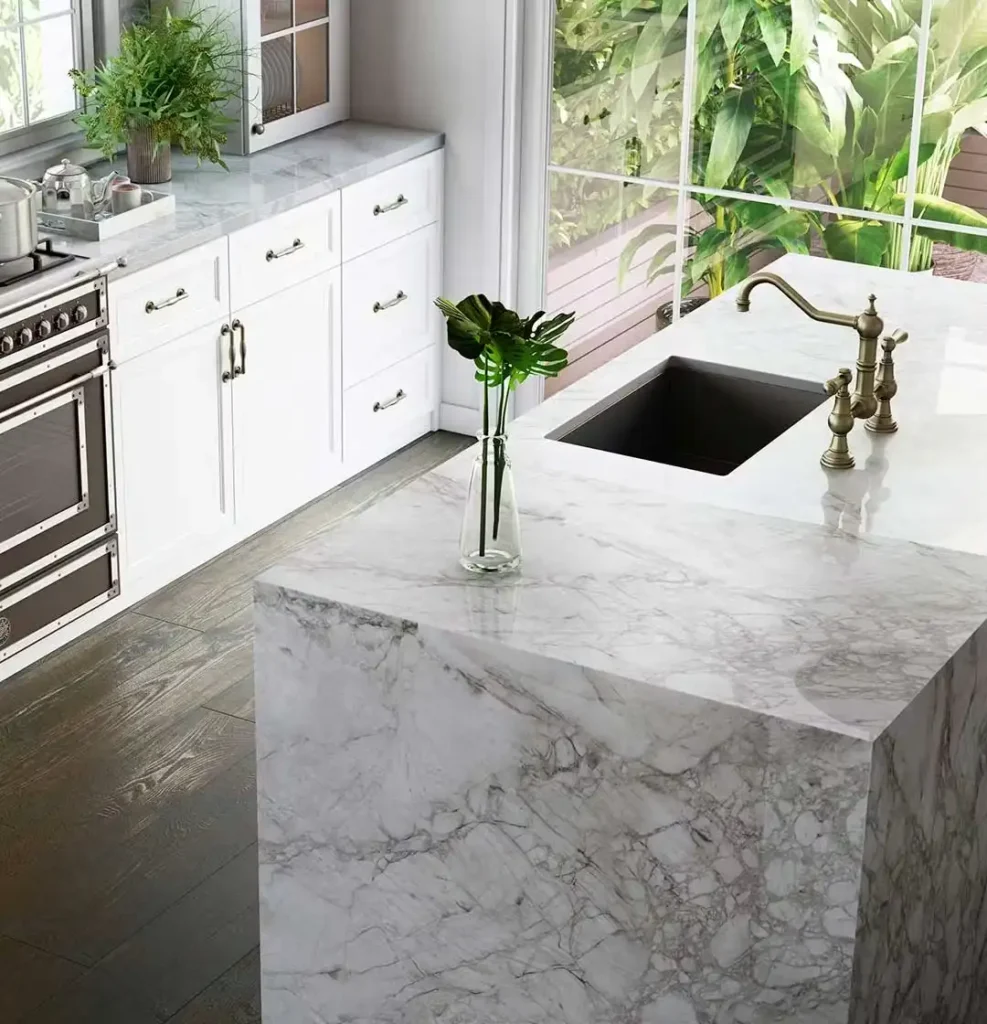

What are Dekton and Silestone?
First, let’s delve into what exactly Dekton and Silestone are:
Overview of Dekton
Dekton, crafted by Cosentino, is a revolutionary surface made mainly from a sophisticated blend of the raw materials used in glass, porcelain, and quartz production. This ultracompact surface is engineered with minerals that are subjected to extreme high pressure and temperature, resulting in a highly durable material that boasts remarkable resistant qualities and a wide array of finishes.
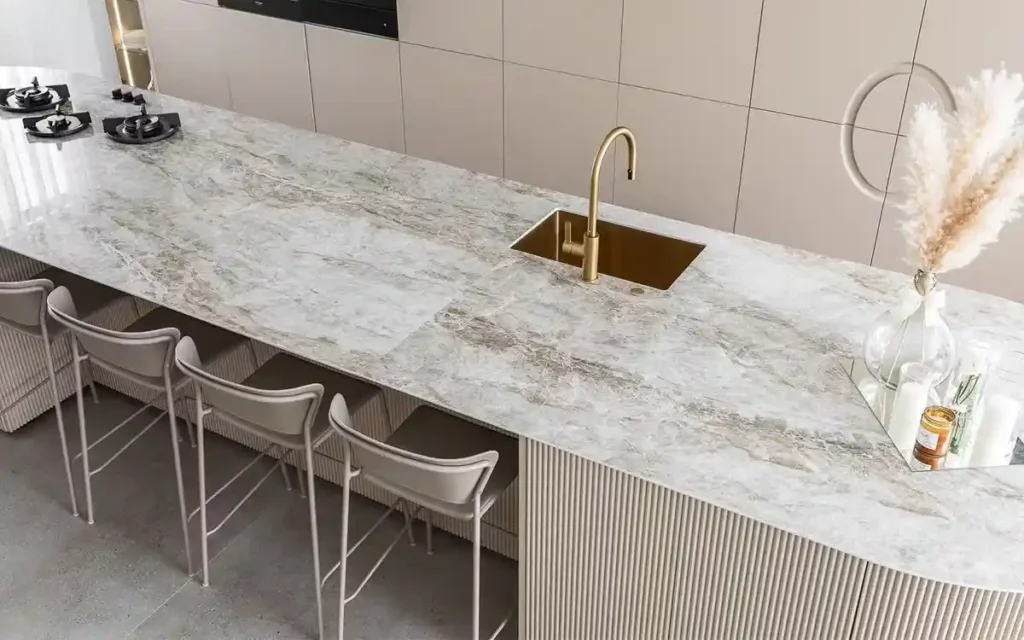
Overview of Silestone
Similarly, Silestone by Cosentino is a hybrid surface composed of premium minerals and recycled materials, manufactured using Hybriq+ technology. This technology emphasizes sustainable production processes, making Silestone an eco-friendly option that combines beauty with outstanding technical properties, including durability and versatility in kitchen and bathroom spaces.
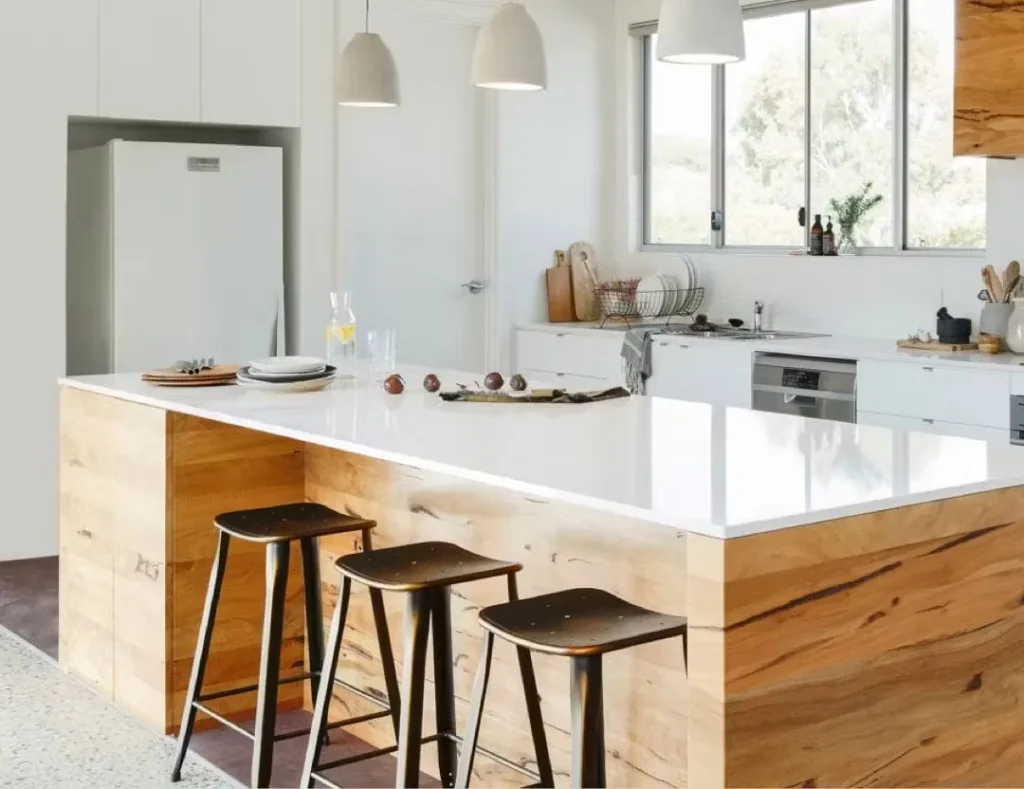

Resistance and Maintenance
Both Dekton and Silestone exhibit minimal porosity, which makes them exceptionally resistant to stains and simple to clean with water and neutral soap. Their resistance to scratches and abrasions also ensures a long lifespan and a pristine appearance, maintaining their aesthetic appeal over time.

Aesthetics and Versatility
Dekton and Silestone offer more than 60 finishes ranging from matte to polished and are available in various thicknesses. These properties make them perfect for use in flooring, countertops, and as wall and furniture linings. Notably, Dekton features a Slim thickness of just 4mm, ideal for seamless visual integration across different areas.

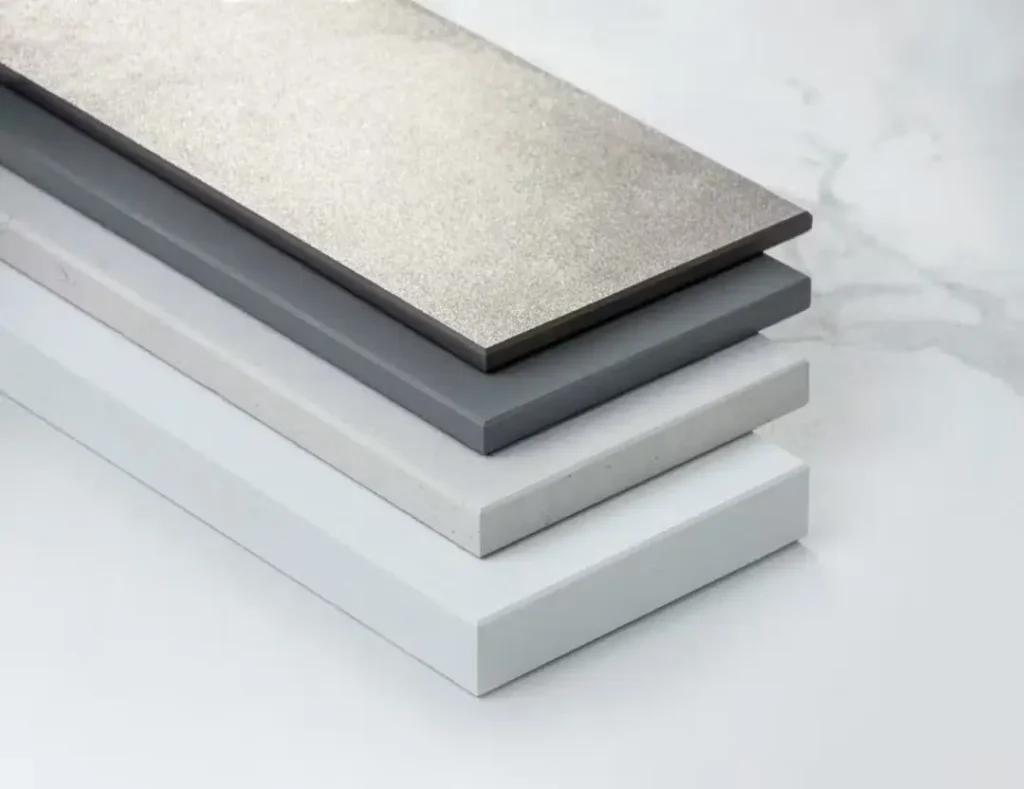
Design Innovations
Silestone allows for the integration of sinks or washbasins into the same countertop, which eliminates joints and fosters a smooth, modern aesthetic. This innovative design helps in maintaining the continuity and fluidity of the kitchen workspace.

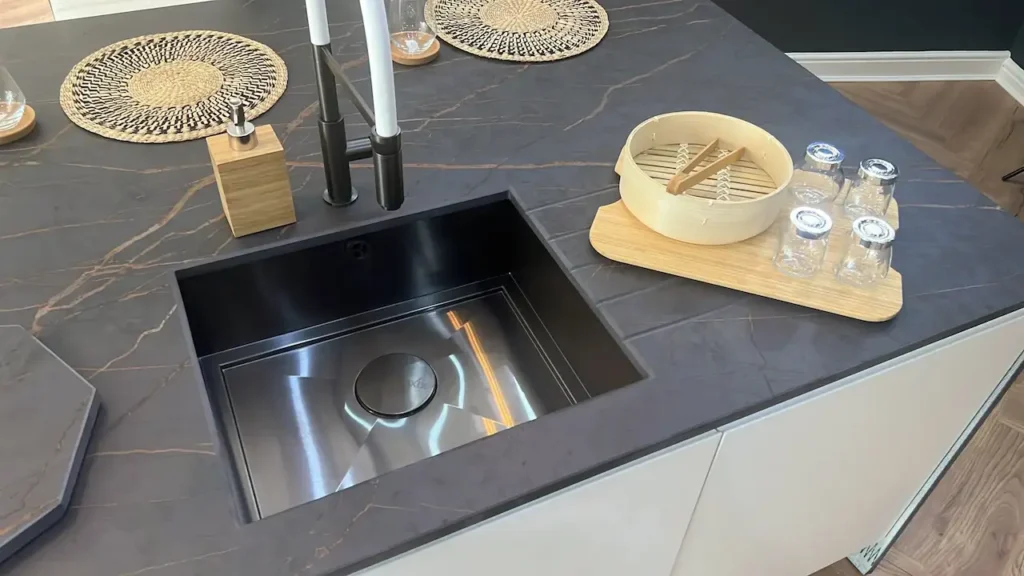
Heat Resistance and Outdoor Usage
Dekton is notably superior in terms of heat resistance and is well-suited for outdoor environments, standing up to rain, ice, and sun without staining, cracking, or fading. Silestone, while durable, is better suited for indoor applications due to its composition and the innovative manufacturing process that focuses on indoor environmental adaptability.
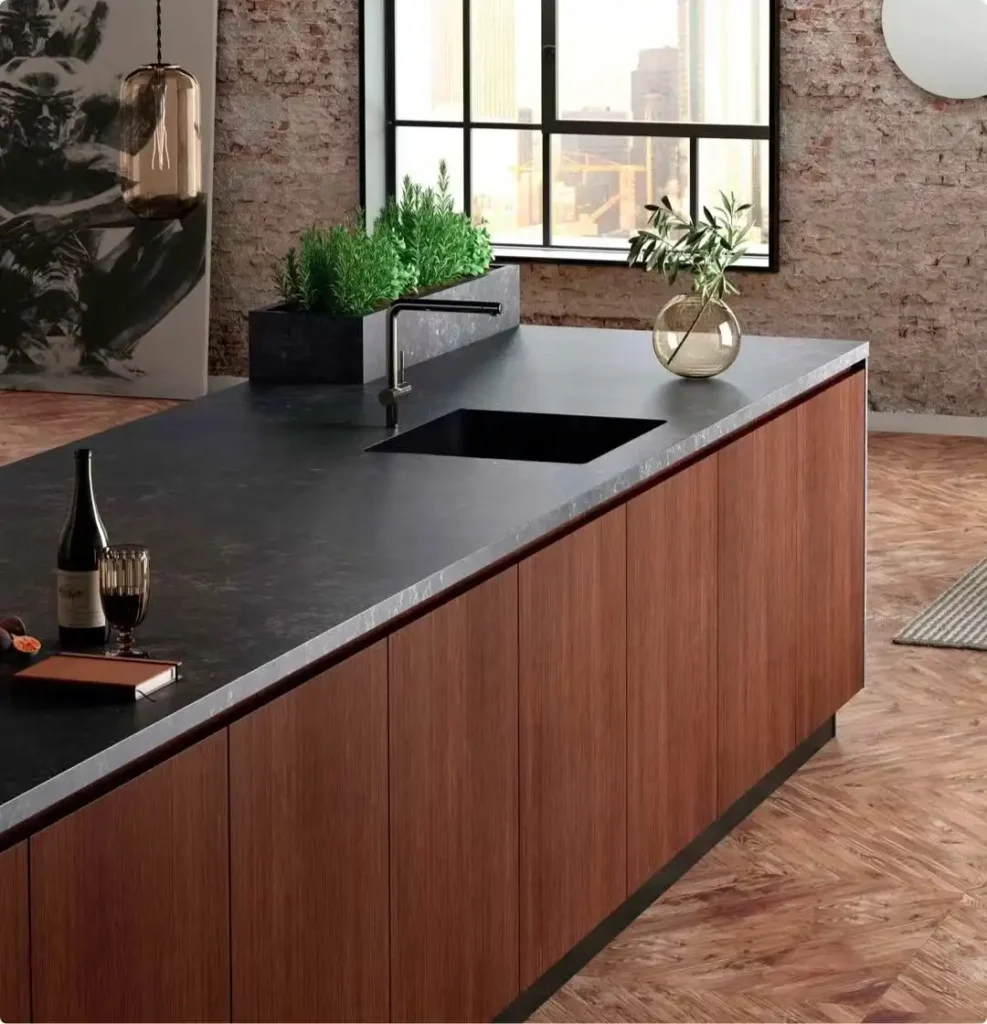
Frequently Asked Questions
What is better, Silestone or Dekton?
Choosing between Silestone and Dekton depends on your specific needs. For outdoor applications or areas exposed to high heat, Dekton is the superior choice. For indoor uses, both materials are excellent, with Silestone offering unique sustainable production qualities.
What is the disadvantage of Dekton?
Dekton, while highly durable, can be more expensive than other materials and may require professional installation to ensure that the material does not crack during the process.
What is better, quartz or Dekton?
Quartz is generally less resistant to heat and UV light, making Dekton a better option for high-stress environments and outdoor applications.
Why is Dekton so expensive?
The manufacturing process of Dekton involves sophisticated technology and materials, which contribute to its higher cost. However, its durability and versatility often justify the investment.
Conclusion
Both Silestone and Dekton offer high resistance, easy maintenance, and an impressive aesthetic, making them ideal choices for any interior space. If you are looking for a surface for outdoor use or with greater heat resistance, Dekton would be the recommended choice.
At Immus we are specialists in kitchen design and we have been working with both materials for years.
Do not hesitate to contact us to help you create the kitchen of your dreams!
